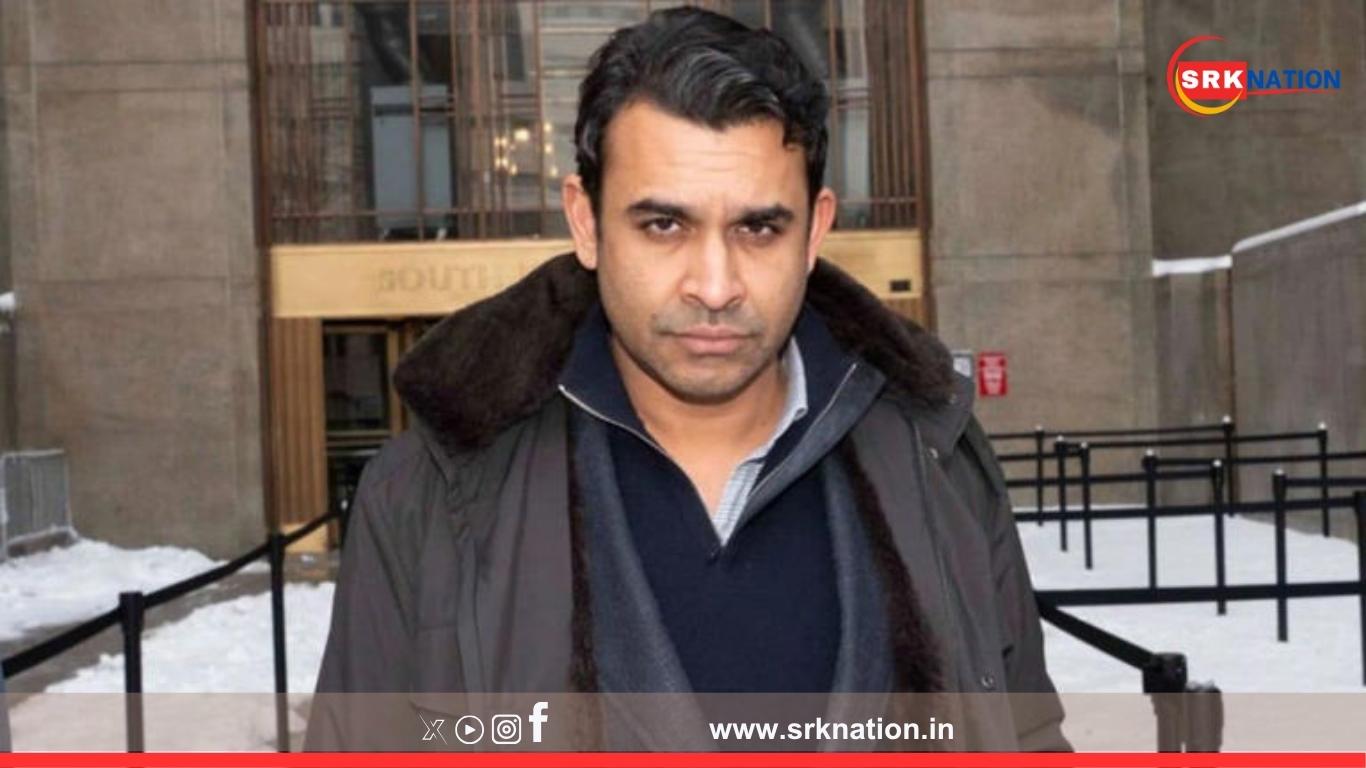In a bid to ensure transparency and curb tax evasion, the Income Tax Department has intensified scrutiny of cases where high income is reported, but withdrawals and transactions remain disproportionately low. Such discrepancies in income and spending patterns can trigger suspicions of undeclared earnings, leading to potential investigations.
The Red Flags to Watch Out For
According to tax expert CA (Dr.) Suresh Surana, the Income Tax Department pays special attention to instances where taxpayers’ declared income and their financial transactions don’t align. Low cash withdrawals or minimal digital transactions—despite substantial earnings—can raise concerns of undeclared income, initiating scrutiny.
Certain behaviors, such as significant digital payments exceeding ₹10 lakh annually, high-value purchases of luxury goods, substantial cash deposits, or large-scale investments in stocks or cryptocurrency, can serve as potential red flags for the authorities.
How to Stay Clear of Tax Investigations
To avoid falling under the tax radar, experts emphasize compliance with the following steps:
- Declare All Sources of Income: Ensure that income from salaries, rental properties, capital gains, business profits, interest, and dividends is accurately reported in Income Tax Returns (ITR). Underreporting or misreporting income can raise suspicions.
- Maintain Thorough Financial Records: Keep detailed documentation of all cash withdrawals, UPI payments, credit card transactions, and other financial dealings. These records become crucial in case of inquiries from tax authorities.
- Limit Excessive Cash Transactions: Avoid sudden, large cash deposits or unexplained spikes in bank balances. Banking and digital transactions should reasonably reflect your actual income and lifestyle.
Potential Consequences of Mismatched Financial Data
Failure to align declared income with spending patterns can lead to serious repercussions, including:
- Receipt of tax notices and scrutiny under various sections.
- Comprehensive reassessment of taxable income.
- Penalties ranging from 50% to 200% for under-reported or misreported income.
- Interest liabilities on unpaid taxes.
- Criminal prosecution with jail terms ranging from three months to seven years for cases involving concealed income exceeding ₹25 lakh.
Summing Up
The Income Tax Department is committed to ensuring compliance and transparency in financial practices. Reporting income honestly and maintaining proper financial records are crucial steps toward avoiding unnecessary scrutiny. As CA (Dr.) Surana aptly states, “Paying taxes honestly is not only a legal obligation but also the best way to stay trouble-free.”











